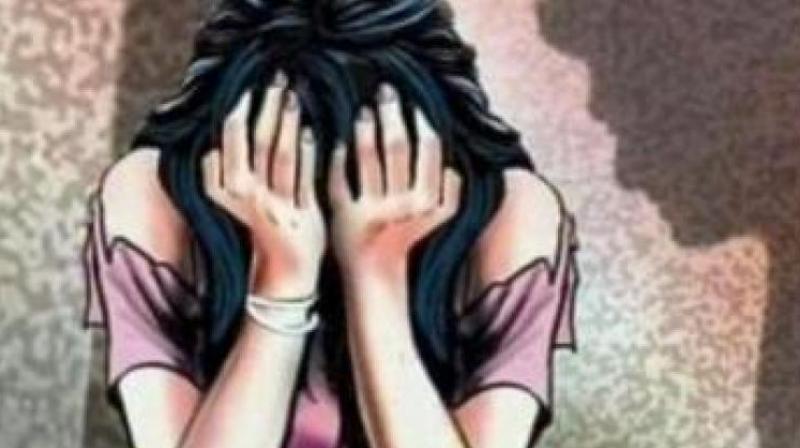Women voiceless, as court takes decision on future

Hyderabad: For most women rescued from human trafficking or the sex trade, the usual routine is for them to be booked under the Prevention of Immoral Traffic Act 1950 by the police. Once they are in custody, the future of the victims depends on a court of law, which decides whether to send them to rescue homes or back to their families. The women themselves have no say in the decision.
Advocate C. Damodar Reddy says, “Once a case is booked, the court orders rehabilitation. But if any member of a victim’s family approaches the court and if the court is satisfied with their assurance, the victim may be sent back to her family. Such directives, of course, are rare because in many cases, the women who are set free venture back into the trade. Also, touts and sex racket agents appear before the court as family members to get these women back, so unless the court is completely satisfied, it may not grant permission for the victim to be handed over. In no instance, however, is a victim’s will taken into consideration.”
In 2013, 25 women rescued from human trafficking rackets evaded the authorities of Ujjwala, a rescue home in Uppal, out of a total of 28 who attempted to escape. The women escaped through the rear door as a watchman stood guard at the front door. These 28 women had originally been rescued and housed in Ujjwala based on orders from Nampally, Malkajgiri, Miyapur and other courts. A few of those who ran away were later identified and arrested while soliciting customers.
A counsellor at Bharosa, the support centre for women and children operated by Hyderabad police, says, “In most cases, parents, guardians, or husbands refuse to accept the victims. Thus, a majority end up in rescue homes. It is mandatory to inform these inmates’ landlords, neighbours, village leaders, husbands, and family members that they have been caught selling sex in the city, but most don’t respond.”

